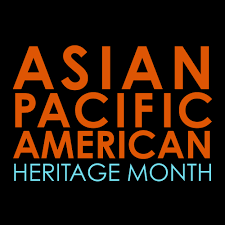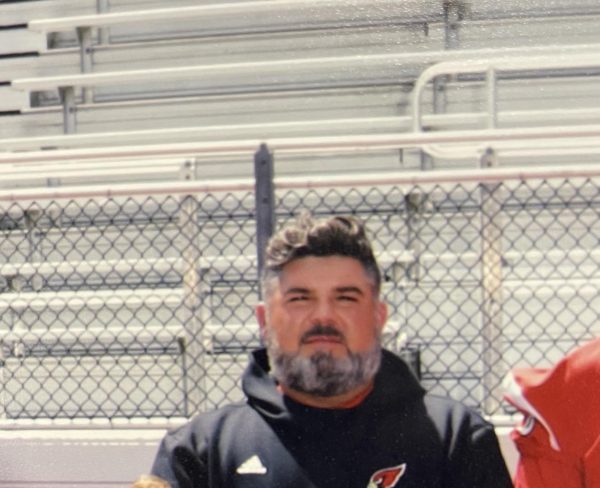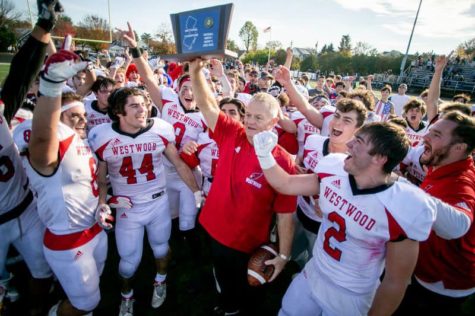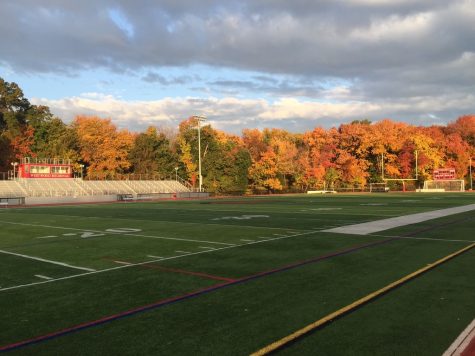Asian American Heritage Month brings light to accomplishments as well as biases

July 13, 2022
In acknowledgment of Asian American and Pacific Islander Month, it must be addressed that Asian Americans’ contributions to the United States cannot be understated. Yet rather than receive any recognition, many are discriminated against for simply being of Asian heritage. Asian American and Pacific Islander Month serves as a platform for celebrating Asian contribution to modern society while also giving a voice to the many who feel that the discrimination they’ve experienced is simply not heard enough.
With social movements, such as the Black Lives Matter movement, becoming an integral part of America, racism, discrimination, and ignorance has been highlighted in a constant fight for equal rights and treatment. Stop Asian Hate was created for the same purpose of addressing similar issues while also building up Asian Americans as important members of society, though many Asian Americans feel as though they are not recognized enough, nor is racism against Asian Americans.
Westwood Regional High School’s own Rudy Tresvalles, is an Applied Technology teacher, as well as dabbling in Engineering, Architecture, and Mechatronics. Born in Albany, New York, and “proudly Filipino-American,” Tresvalles works to educate his students into hard working members of society.
However, in said society, while not experiencing any racially motivated actions against him, Tresvalles remembers the multiple incidents across the country, from the attacks on elderly women throughout early 2020, the shootings during March 2021, to the deaths of Asian American women this past March and April.
Tresvalles doesn’t feel Asian American racism is addressed enough in current American society. He said, “To be frank, I don’t think racism – in general, let alone against Asian Americans – just isn’t talked about enough.” Describing racism as a virus, negativity toward religion, race, sex, gender, culture, and ethnicity only impact communities if people act on it.
Coincidingly, Irene Choe, a Korean-American student at River Dell Regional High School adds her ideas on Anti-Asian sentiment with her own experiences. Choe elaborates on the long history of Asian targeted racism in America: “It stems from a long systemic issue that has always been alive in America, from the Chinese Exclusion to the War in Vietnam.”
COVID-19 gave rise to more anti-Asian sentiment in America, with much of the blame for the pandemic being placed on Asians. Ideas of the virus’ origin begin from an old stereotype of Asian cuisine as strange, as the virus supposedly stemmed from people eating bats and rats. Racist ideas like these were generated years before, where places like Coney Island created “Human Zoos,” capturing Filipino tribes and forcing them to live in terrible conditions for people’s entertainment. Forced to hunt and eat “weird animals” leading to a perception of Asian culture as “weird and gross.”
Choe has experienced this kind of stereotyping and racism in her own childhood. She shares that “people would pull their eyes back to make them smaller and chant, ‘Chinese, Japanese, look at me, while pulling them [their eyes] in different directions.” Additionally, she would be told how her food was “weird” and “disgusting.”
Asian American Month serves as a platform to change all of these biases and build up the Asian Community. Leaders such as Janine Llamzon, the Assistant Vice President at the Montefiore Emergency Department to Andrew Yang, the former Presidential Candidate. Each has experienced racism in their own lives but has built themselves up to become leaders. This month means to celebrate the entirety of the Asian community in America in the same way these established leaders have experienced their own success.









